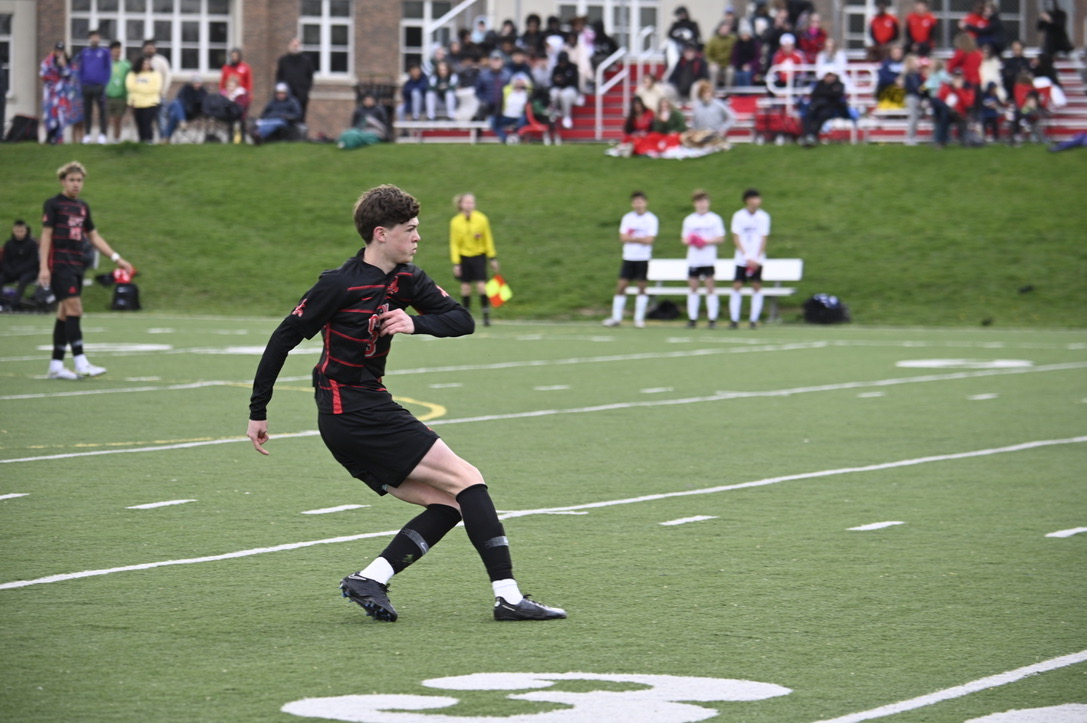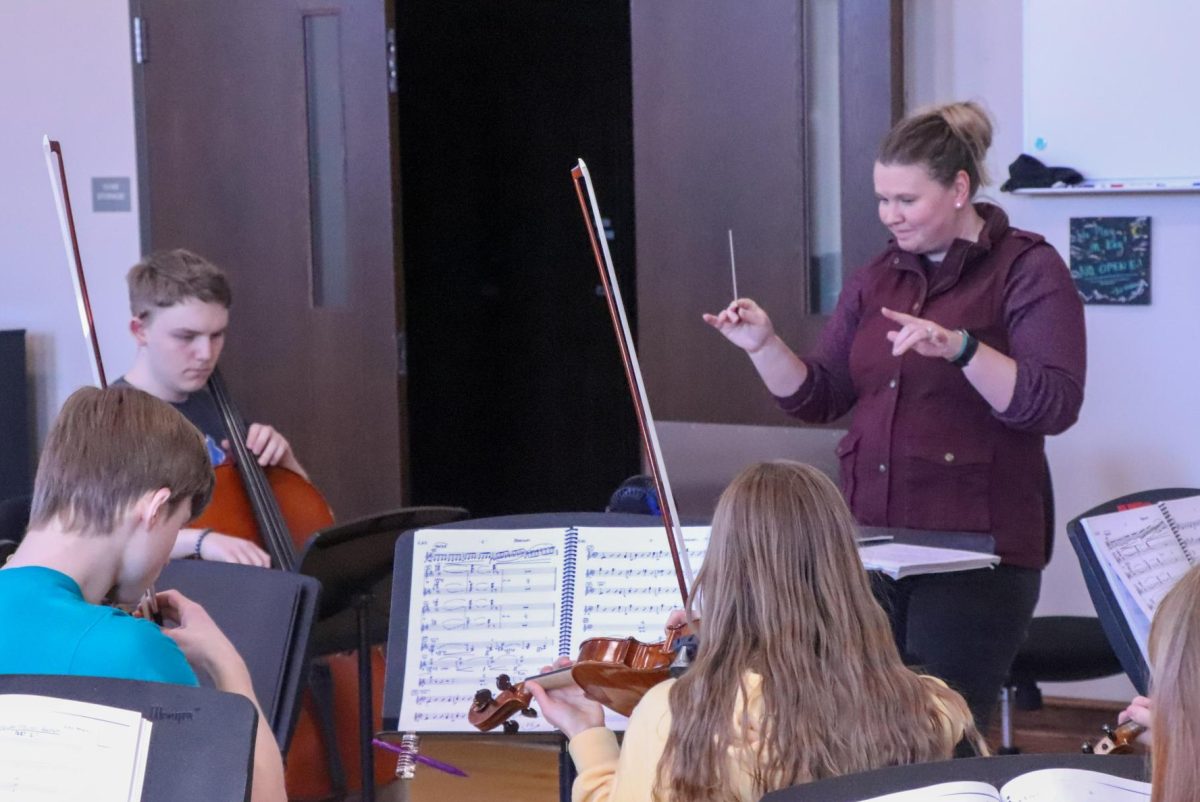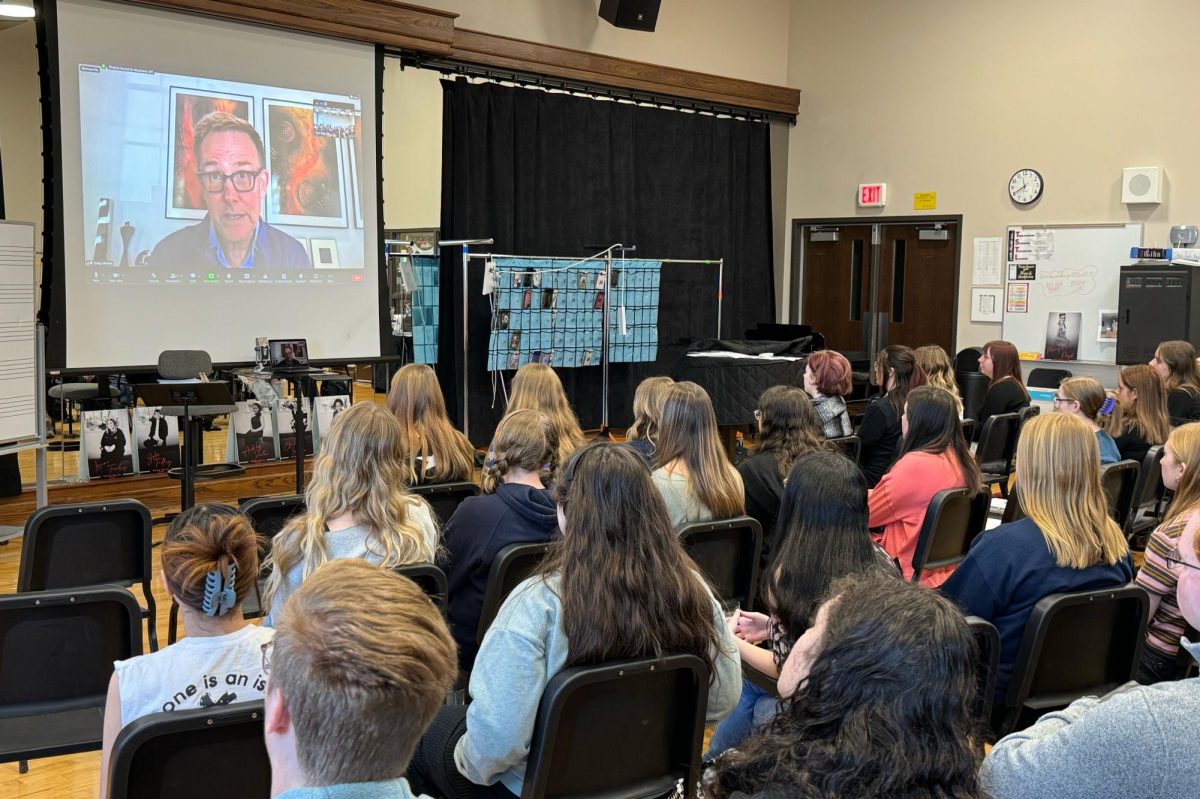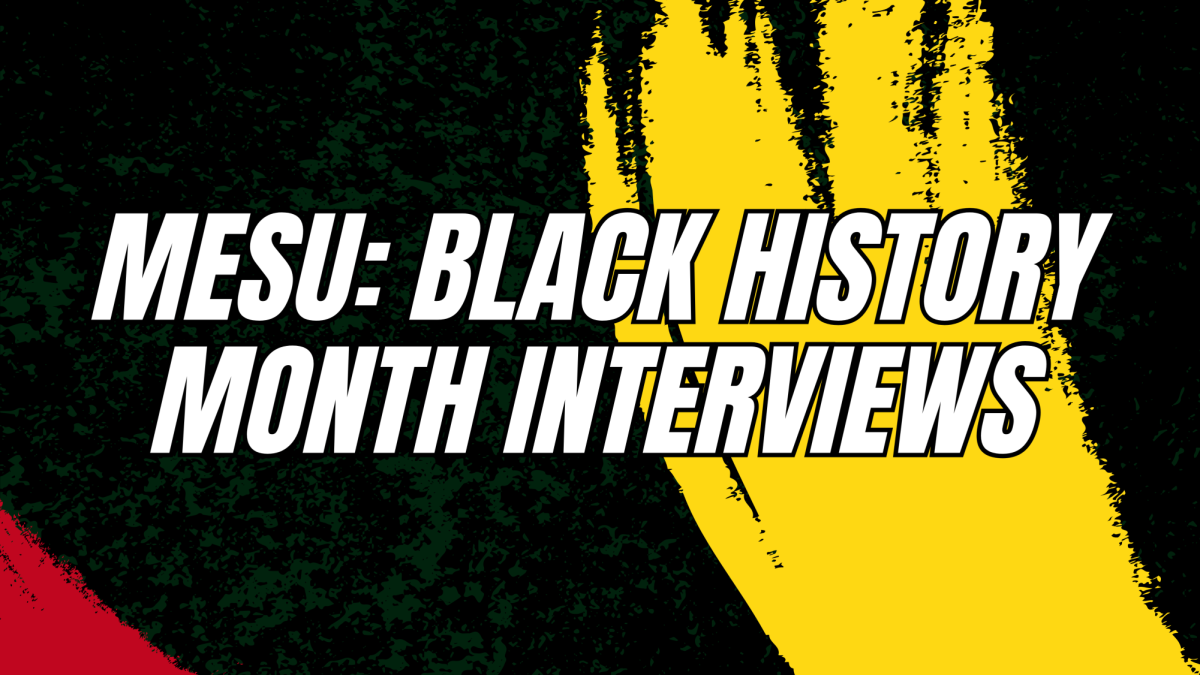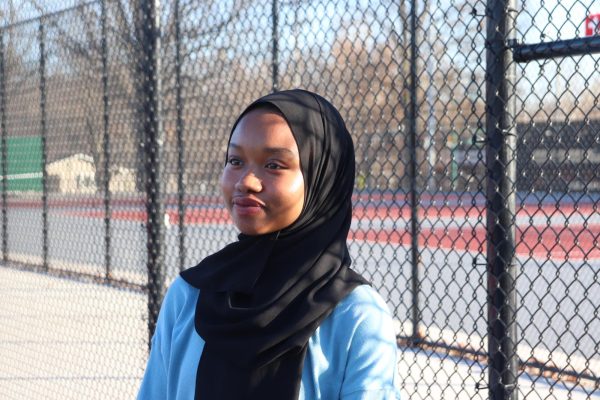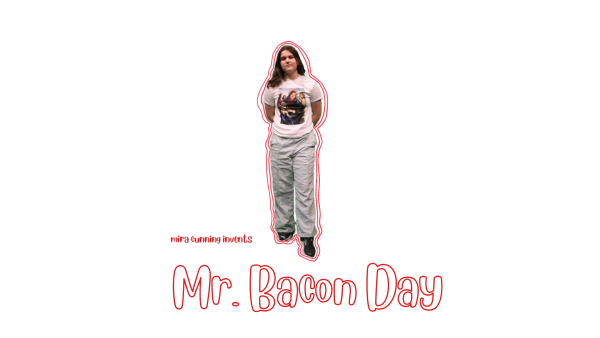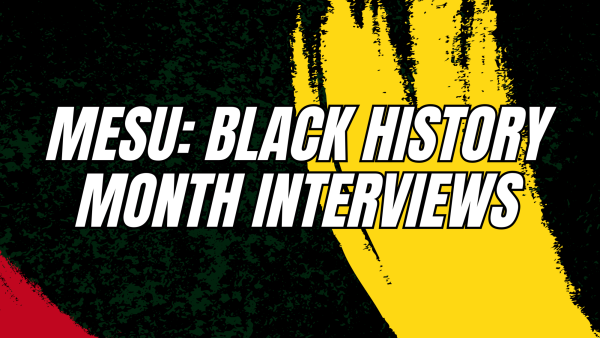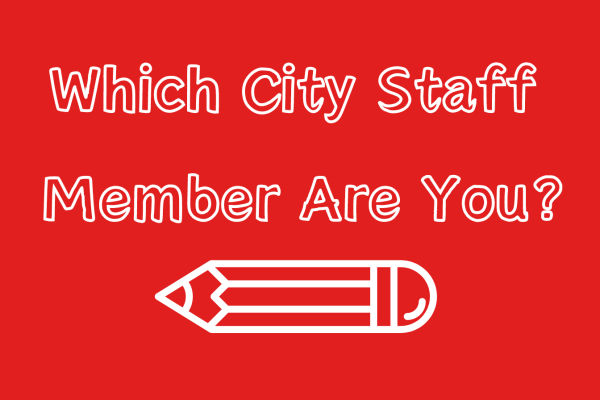“Hey Guys”
November 14, 2019
“Oh hey guys,” a friend says as they enter a room. Murmurs of “hi,” “hey,” and “what’s up?” can be heard in response. However, no one objects to the use of the word “guys.” This word, along with various other traditionally masculine words, are starting to be called into question as people try to make their language more gender-inclusive.
Elena Gavruseva, an associate professor in Linguistics at the University of Iowa, explains how words like “guys,” “dude,” or “man” have primary and secondary meanings.
“It’s important to separate what we might call a primary meaning of each of these words, because they are all gendered words because they can unambiguously signal masculine gender,” Gavruseva said.
When referring to a large group with women or people of undisclosed gender, many feel as though it is inaccurate and disrespectful to use the word “guys.” However, there is no plural of “you” in the English language. In Spanish, there is the word “ustedes” and in French there is the word “vous,” which both can be applied when referring to multiple people.
“[‘Guys’ is gender-neutral] as a term of address. So when we are addressing a group of people, only in the plural in the sense,” Gavruseva said. “‘Guy’ in a singular sense could also be gender-neutral.”
Gavruseva explains how people often refer to objects as a “guy” in the singular sense. When an object is being described, it is in a gender-neutral way.
“If you look at a whiteboard, [you could say,] ‘This guy on the right,’ and it could be a word, for example,” Gavruseva said. “It’s all sort of understood in a specific context.”
Gavruseva points out two different trends in the language. There is the more casual use of the word that refers to a singular person, which can be specifically masculine, and the use of the gender-neutral plural.
“When [people who don’t use the word ‘guys’] hear, ‘How are you guys?’ they are responding, or commenting on, that primary meaning, sort of denying the fact that speakers use the plural of guys in the gender neutral way,” Gavruseva said. “It’s sort of like denying the trends in the language. They’re sort of objecting to the use that already exists.”
Younger people often use words like “guys” and “dude” in a casual way when talking to people of any gender identity.
“Guys is clearly a more masculine term but I think oftentimes in our colloquial English it’s wielded as more [of an androgynous one],” Anna Basile, an English teacher at City High, said. It’s important to separate what we might call a primary meaning of each of these words, because they are all gendered words because they can unambiguously signal masculine gender. — Elena Gavruseva
Laura Friestad ‘21, who is non-binary, feels like “dude” and “guys” are gender-neutral, but “dudette” is more gender-specific.
“I’ve always said ‘you guys’ when I’m referring to both of my siblings, both my sister and my brother,” Friestad said. “I’ve never felt like it has a specific gender. But then people start saying ‘dudette’ and I feel like that’s obviously gendered.”
Gender neutral words have been a part of language for centuries. According to BBC News, the words “they” and “them” were used in literature as early as 1386 to describe someone in an androgynous way.
“Some gender-neutral things have been going on for a very long time,” Friestad said. “The use of ‘they’ when referring to a person of undisclosed gender has been going on for hundreds of years.”
For some people, the inappropriate use of gendered words may not affect them when the words in question are “guys” and “dude.” Demeaning gendered words used in the wrong context can be more concerning for many women.
“I perk up far more with more diminutive female [terms],” Basile said. “If I’m in a group of women and I’m called ‘girls,’ particularly by someone of the male persuasion, that’s something that I notice. ‘Guys’ I don’t notice as much.”
When it comes to the word “guys” specifically, Basile doesn’t feel like there is a definite answer to the question of whether it should be used or not.
“I don’t think we can blanket it as ‘shouldn’t be used.’ I think that everyone should speak in a way that is pertinent and respectful of their audience,” Basile said.She recognizes that “guys” has a strong masculine connotation and therefore isn’t always the best word to use.
“I think ‘guys’ is probably something that I can be more sensitive [with] the way that I use it,” Basile said.
Basile feels like the word “guys” is becoming so overused that the gender in the word is becoming forgotten.
“I think that people [who are more] aware of gender expression are noticing it and calling it into question, which I think is so responsible. There have always been people doing that with the evolution of language,” Basile said.
This discussion is important to Basile because of her role as a teacher who wants her classroom to be a place where everyone has equal opportunities to learn. “I think that everyone should speak in a way that is pertinent and respectful of their audience.” — Anna Basile
“When you think about the environment of a public school setting, everybody has the same right to this experience and [we should be] trying to make it as comfortable as possible so [we are] equalizing the common ability to thrive,” Basile said.
In order to combat the widespread use of traditionally masculine words in a gender-neutral way, words like Latinx and folx are created as a gender inclusive version of Latino/a and folks.
“People create those new words as a counter-trend to combat that very, very strong linguistic current of using male terms very naturally, colloquially in this gender-neutral way,” Gavruseva said.
She feels as though these words don’t get integrated into the language very well because they seem too unnatural.
“People create these words by modifying the existing words and kind of imposing a gender-neutral meaning on them,” Gavruseva said. “They usually don’t catch on very well because they feel a bit artificial. If it’s not something that involves naturally, colloquial and spontaneous, it’s just introduced as a word.”
Simon Weiss ‘20, a member of City High’s varsity debate team, talked about the strong norms within the debate community that discourages the use of the word “guys.”
“Most people use the word ‘y’all,’ which is pretty Southern, but it’s the easiest way to refer to someone in a very gender-neutral way,” Weiss said.
Weiss explained how people in different parts of the country can think differently about words like “guys.”
“I think that growing up in the Midwest, [‘guys’ is] usually considered pretty gender-neutral,” Weiss said. “If you go to different parts of the country or talk to people from [different] places, they think of it a lot differently.”
Weiss thinks that “y’all” is a good substitute for “guys” and that it never hurts to make these types of speech changes when talking to people who may not be comfortable being referred to with certain words.
“People are far more included when you use more androgynous words and words that don’t have implicit gender,” Weiss said.










